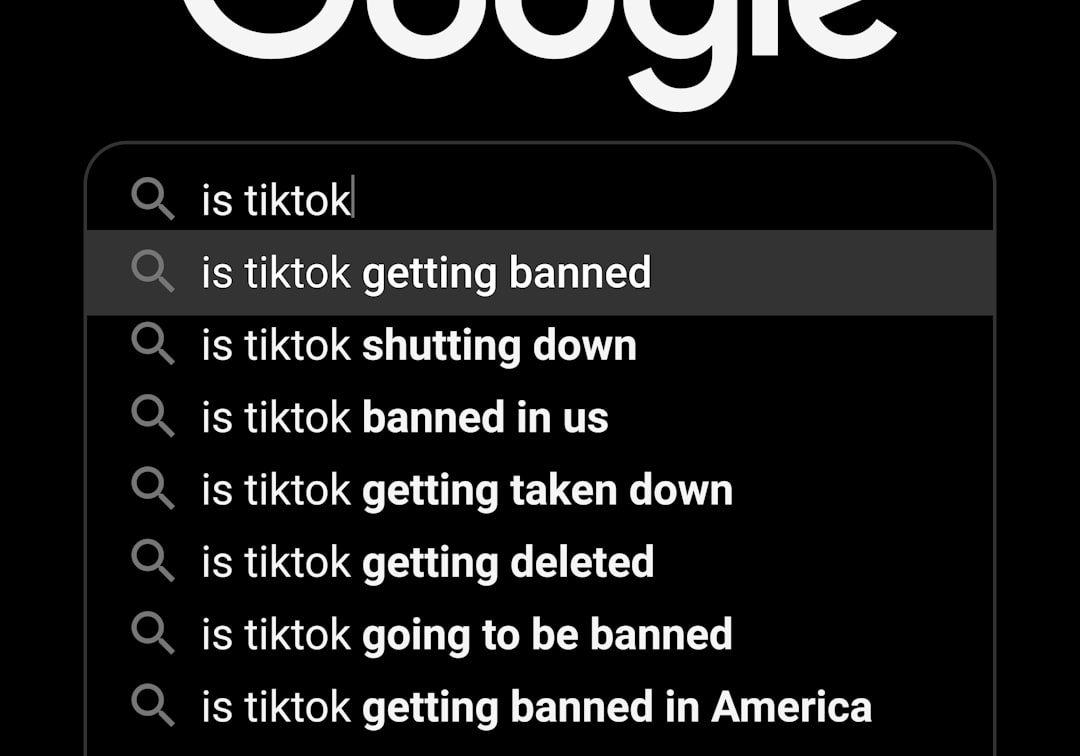I predicted over a year ago that TikTok would get banned or divested, but there would be major hurdles. A TikTok ban would face an outcry from the 100+ million Americans who use it and legal challenges that may be difficult for the government to overcome.
That did not stop the U.S. House of Representatives from passing it las…
Keep reading with a 7-day free trial
Subscribe to PolisPandit to keep reading this post and get 7 days of free access to the full post archives.



